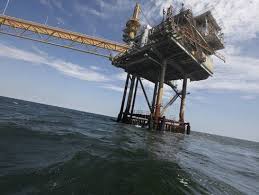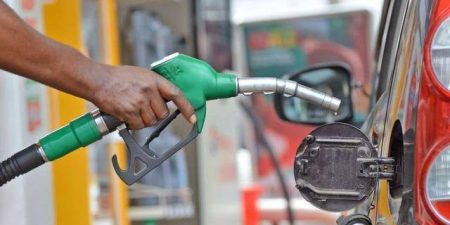
12 October 2018, Houston, Texas — Oil producers on Thursday were checking Gulf of Mexico production platforms and beginning to return crews to more than 90 offshore facilities evacuated this week as Hurricane Michael moved through the Gulf.
Production shut-ins that temporarily halted 42 percent of Gulf oil output and nearly a third of natural gas production was restarting in some areas.
BP Plc conducted its first flyovers on Wednesday to check the status of four platforms that were evacuated, said spokesman Jason Ryan.
Restarting production can take several days. Producers lost about 1.7 million barrels of oil through Wednesday as a result of shut-ins and the figure is expected to rise. However, Gulf production cuts have been less of an impact on supplies due to rising volumes of U.S. shale oil.
The storm brought winds of up to 155 miles per hour (250 kph) when it made landfall in the Florida Panhandle on Wednesday. Drenching rains were falling on Georgia and the Carolinas on Thursday as Florida residents assessed the damage to coastal areas.
U.S. crude futures continued to drop for second day, losing $1.39 to $71.78 in morning trade, after OPEC again cut its forecast of global oil demand growth for 2019 over economic worries.
Anadarko Petroleum Corp said on Thursday it had expanded its shut-ins to three offshore platforms, and for safety reasons was waiting to return workers.
Gas production should move up to 2.3 billion cubic feet per day (bcfd) on Thursday from a low of 2.2 bcfd on Tuesday, according to Refinitiv data. A week ago, energy firms were pulling 3.5 bcfd from the offshore wells.
Southern Co kept the two reactors at its 1,751-megawatt Farley nuclear power plant in Alabama reduced at around 30 percent early Thursday. The company reduced the reactors from around full power on Wednesday as Hurricane Michael approached the coast. The Farley plant is located in Dothan in southeast Alabama about 90 miles (150 km) north of the Gulf Coast.
Hurricane Michael knocked out power to over 850,000 homes and businesses in the U.S. Southeast. More than 830,000 customers located mostly in Georgia, Florida and South Carolina had no service on Thursday morning.
– Reuters



